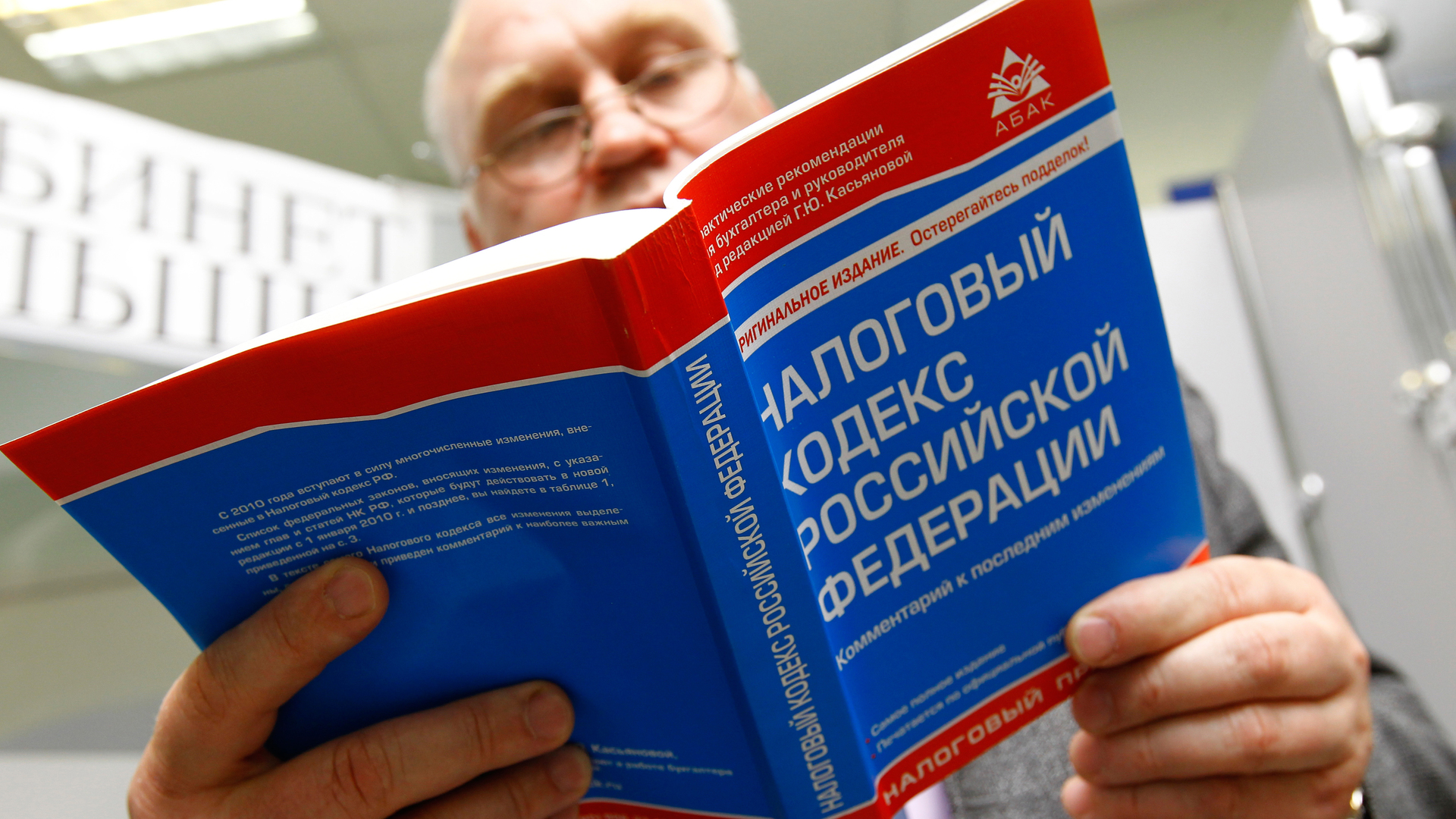HSE experts consider it possible to increase the tax on personal income of wealthy Russians and free funds of corporations, if this money is not invested in the economy.
This is stated in the university's response to the draft federal budget for 2021 and the planning period of 2022 and 2023.
Note that at the moment the Ministry of Finance is not developing such an initiative.
Nevertheless, the Higher School of Economics declares that there is potential for raising the personal income tax rate (PIT) in the amount of 20-24% for citizens earning more than 12 and 24 million rubles a year.
At the same time, the tax on non-invested profits of companies can be increased from the current 20% to 24-30%, experts are sure.
“The achieved level of technologies of the tax service and the modern foreign economic situation significantly limit the possibilities for the flight of national capital and the withdrawal of money by Russian legal entities and individuals from the Russian jurisdiction.
This creates the potential for a more significant increase in the tax burden on high non-invested personal incomes and on non-invested free funds of corporations, ”the NRU HSE concluded.
The main idea of the HSE specialists is to increase budget revenues and increase funding for various sectors of the Russian economy.
This point of view, in an interview with RT, was expressed by the chief analyst of TeleTrade Group Mark Goikhman.
“In theory, it might look like this: the tax rises when a person completely retains the received high income.
If he invests part of these funds, then for this amount he is provided with a tax deduction by analogy with the existing privilege when investing in an individual investment account or when buying real estate.
However, it is not clear what is meant by investments in this case, and whether it is worth referring to them, for example, a deposit in a bank or a purchase of securities, ”Goikhman said.
According to the head of the analytical department of AMarkets Artem Deev, in the event of an increase in corporate income tax, businesses will have an incentive to invest more in the development of new and existing projects.
“According to the Central Bank, Russian companies have accumulated almost 200 billion rubles in their accounts in 2020, while investments in fixed assets have decreased by 7.6%.
The initiative would stimulate entrepreneurs to invest part of their income in the development of their enterprises.
This would be justified from the point of view of anti-crisis measures and replenishment of the state treasury, "Deev emphasized in a conversation with RT.
© Ilya Pitalev / RIA Novosti
At the same time, a sharp increase in the tax burden could to a certain extent weaken trust between the state and the entrepreneurs and businesses affected by the coronavirus pandemic.
This is the opinion of Pavel Utkin, the leading lawyer of the United Legal Center "Parthenon".
In the near future, the Ministry of Finance of Russia does not plan to make new changes to the Tax Code, except for the decisions already approved earlier, writes TASS.
We are talking about increasing the personal income tax rate from January 1, 2021 to 15% for citizens with an income of more than 5 million rubles a year.
On June 23, Russian President Vladimir Putin came up with such an initiative, and on October 21, the State Duma approved the corresponding bill in the first reading.
As a result, from 2021 to 2023, the country's budget, according to forecasts, will additionally receive about 190 billion rubles.
This money will be used to treat children with serious illnesses.
“I propose to paint the funds, as experts say, to protect them from any other use and to target them for the treatment of children with serious rare diseases: for the purchase of expensive drugs, equipment and rehabilitation means, for carrying out high-tech operations,” Putin said.
According to experts, the president's initiative means abandoning a flat taxation scale.
The corresponding system was introduced in Russia back in 2001 - since then, all citizens of the country have been paying personal income tax at a uniform rate of 13%.
As the head of the State Duma committee on labor, social policy and affairs of veterans, Yaroslav Nilov, told RT, the transition to an alternative system in the future may have a positive effect on Russians with small earnings.
“The progressive taxation scale is in force in many Western countries and has already shown positive results.
The approach is socially fair and can bring certain benefits for the economy and population.
Over time, the poorest Russians can reduce the personal income tax rate.
In particular, we propose to reset the corresponding indicator for people with a salary below 20 thousand rubles a month.
Such a measure will be one of the tools to combat the poverty of citizens, ”the RT interlocutor concluded.

